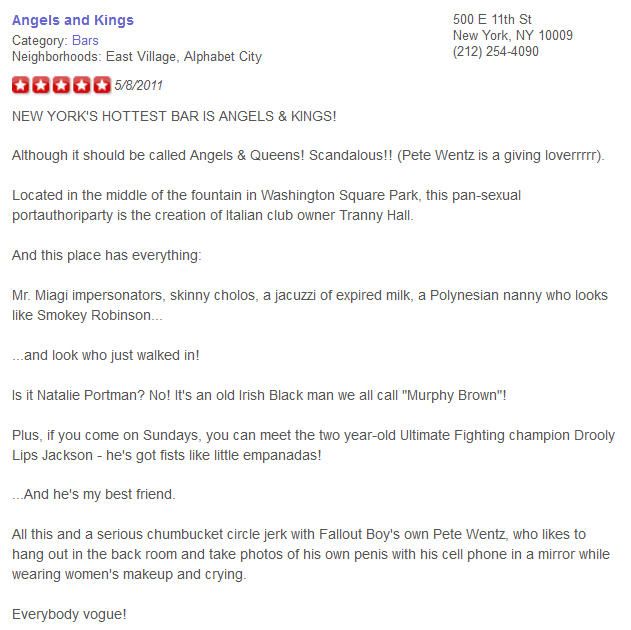

As I mentioned above, when a customer receives both a written response to feedback and a personalized reward, they are 22% more likely to return within the next 2 months. This is a powerful way to build relationships with your customers ( especially those millennials!). However, if guests take the time to share their opinion with your business, it’s worth it to respond - and maybe even grant some type of “thank you” gift.

It provides customers with a way to get their problems solved, and it allows businesses to gain valuable insight that they wouldn’t have had access to otherwise (because guests don’t always speak up). When customers have the opportunity to communicate with businesses directly, the process acts as a filter between the customer and online review sites. 3. Respond to feedback directly and fix the problem Turns out, this was one of their VIPs: This customer spent $5k annually with them! Even with that hiccup in quality, the customer’s frequency didn’t wane because the merchant was able to address it so swiftly and satisfyingly, and the guest in question is STILL one of this merchant’s best customers. Using their Thanx merchant dashboard, the merchant was able to verify that the customer in question had indeed made the purchase, as well as look up that customer’s history.
#READ YELP REVIEWS FULL#
One of their customers wrote them a message – they had an issue with the quality of their food. Naturally, the merchant was horrified and immediately moved to rectify the situation, offering a full refund and some additional free items. One of my favorite feedback-related stories is from one of our Thanx merchants. Having customer data readily available empowers merchants to better understand the nature of their communication with customers, and brings precision to a process that was largely a guessing game before. Picking your battles is an essential part of running a multi-location business - it might not be worth it to jump through hoops for customers who have $12 worth of lifetime value. For most businesses, the top 25% of customers make up about 65% of revenue.

Yes, the customer is always right… but here’s the less popular view: some customers are worth more than others. Get an idea about who you’re actually trying to appease. Building relationships: now, with a clear ROI case!Ģ. Know where the feedback is coming from Responding to feedback and then rewarding the customer with a personalized reward or discount? +22% increase in frequency. Responding to that feedback raises that number to 14%. Perhaps the coolest part of interacting with customers? There’s a clear ROI case for why you should do it: Studies have shown that simply ASKING for feedback can increase customer frequency by 7%. Not only do you get a better sampling of customer sentiment (Yelp tends to attract the REALLY HAPPY or the REALLY ANGRY customer not necessarily representative of the average experience), but also you have the opportunity to interface with customers, whether or not they were planning on leaving a review. Smart businesses all over the country have started tying feedback to transactions - reaching out to customers automatically via smartphone to ask them about their experience. This stands in total opposition to the traditional, reactive model of feedback: waiting until someone is screaming at you and trying to handle it. Reaching out to your customers after they dine/transact/shop with you is the best way to gauge their feeling about the experience they just had. Quell the occasional bad review before it ever hits the internet - you might just turn an unhappy customer into a vocal brand loyalist. Luckily, there are a few tried-and-true tactics for making internet reviews work in your favor. So, how should businesses protect themselves against the poetry of unhappy customers? A study from Harvard Business School found that a one-star drop in a Yelp rating is the equivalent of a 5-9% decrease in revenue (an effect that’s particularly harsh amongst small businesses). Another report found that 80% of customers actually decided against purchasing a product due to negative online reviews. Their panic is, in some respects, justified. One minute you’re riding high on positive reviews from your enthusiastic guests, the next minute you get slapped with a one-star rant from someone you aren’t even sure is your customer. The internet can be a fickle place - and if you own or run a business, nothing exemplifies this better than online review sites.


 0 kommentar(er)
0 kommentar(er)
